In what Moderator Rt. Rev. Richard Bott calls an “act of reparation” for its role in Canada’s Indian residential school system, The United Church of Canada has begun disbursing funds as part of its Bringing the Children Home initiative.
Designed with input and guidance from the Indigenous church, this initiative will support the work of First Nations communities to identify unmarked graves at former residential school sites, gather and archive knowledge about the children who didn’t come home, and honour the children through commemorative and healing work within their communities.
You may unsubscribe from any of our newsletters at any time.
Bringing the Children Home is a response to the confirmation of unmarked graves on the sites of former Indian residential schools across Canada, beginning with the detection in May 2021 of 215 graves at the former Kamloops Indian Residential School at Tk’emlúps te Secwépemc First Nation in Kamloops, B.C.
“We should have cared for these children, but we put the national goal of assimilation ahead of our Christian duty,” Bott says. Now, the church needs “to honour the children in their deaths in a way that we did not honour them in their lives.”
Bringing the Children Home responds to Calls to Action 73 to 76 of the Truth and Reconciliation Commission of Canada. An initial $3 million was approved for the initiative by the General Council Executive last July and includes a grant from the United Church of Canada Foundation to support the archival component.
Bott emphasizes that First Nations communities “will tell their story when they are ready.”
“It’s time for the church to concretely acknowledge its ongoing colonial legacy and to make reparation,” says Sara Stratton, the General Council office’s reconciliation and Indigenous justice animator. “We hope that offering this assistance to Indigenous communities to honour their children on their terms is a step towards that.”
***
This story first appeared in Broadview’s June 2022 issue.

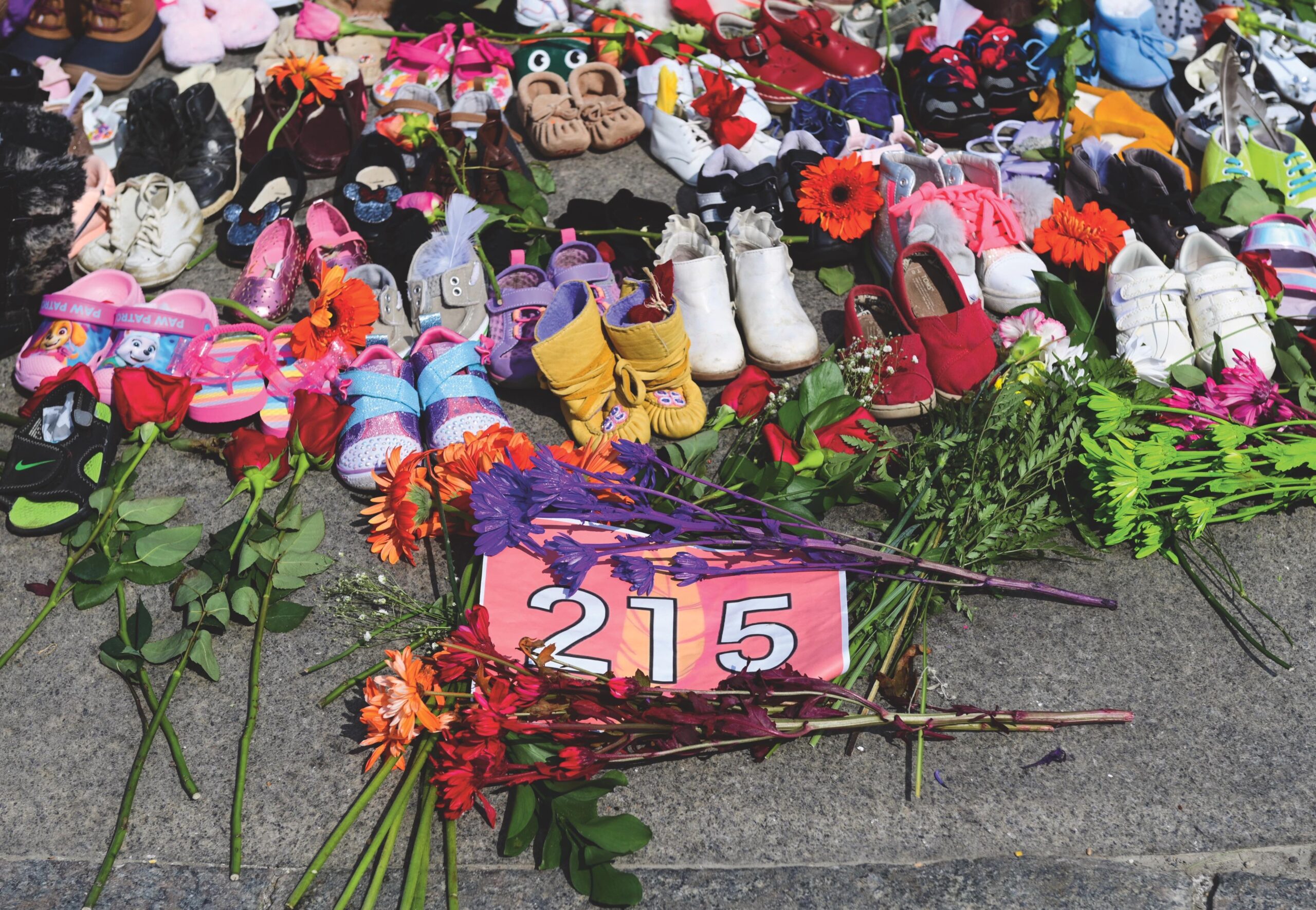







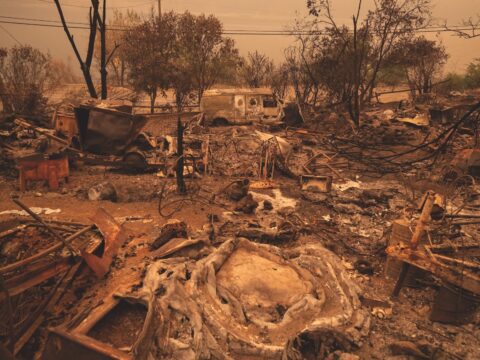
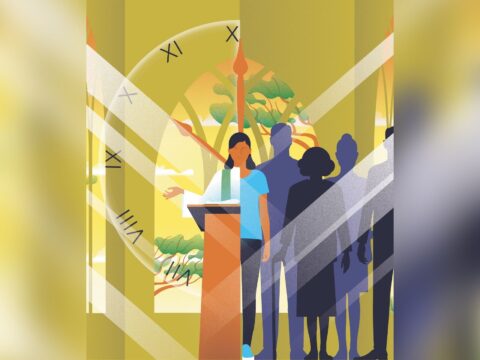
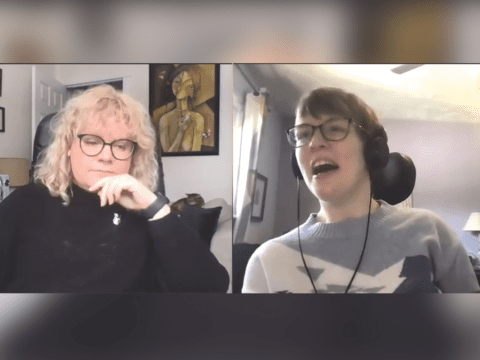
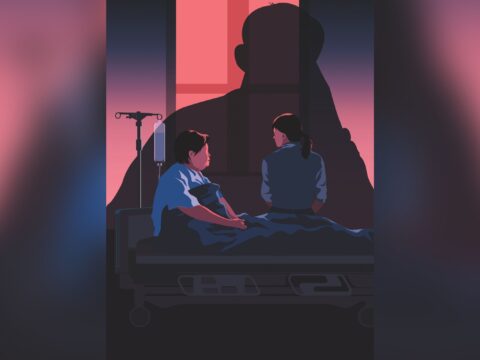
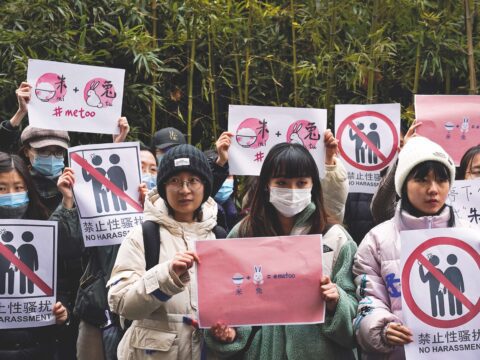
Sometimes I wish the United Church was as fervent in reaching people for Christ as they were for “Aboriginal” reconciliation.
In God’s eyes “lost souls” are far more important than trying to say your sorry “seventy times seven”.
please read Terry Glavins NP article 26 may 2022. Byline; “How the world’s media got it wrong on residential school graves. The coverage triggered protests, church arsons and condemnation from Canada’s bad-faith rivals, but last summer’s reporting on the country’s long-acknowledged historic shame had little to do with what happened”